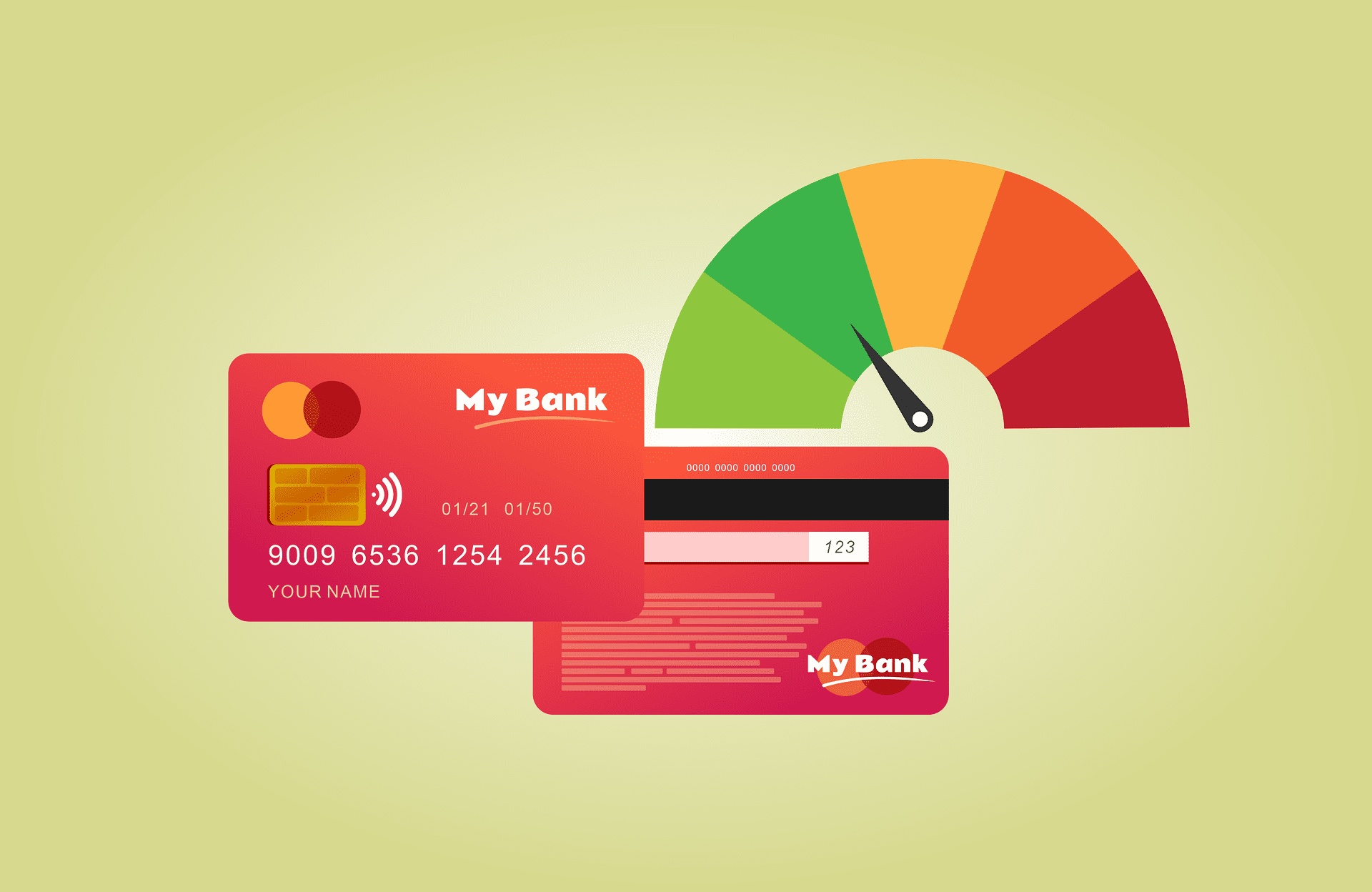
Salons – Ancient Industry Thriving In Revenue
June 27, 2018
Landlords: 5 Types of Insurance Coverage You Want
July 19, 2018
Credit scores continue to be a mystery to most people, especially when it comes time to apply for a mortgage to buy a home or refinance, apply for any other type of loan, or purchase insurance. We hope to dispel the myths and provide some great tips on how to optimize your credit.
What is a FICO Score?
A FICO credit score is a statistical number calculated by credit information from the three credit bureaus: Equifax, Experian, and TransUnion. All three bureaus generate a separate credit score, each being slightly different due to data variances in the credit reports and how they calculate your score. There are 5 main factors that make up your score with different levels of importance:
- Payment History: late payments, tax liens, bankruptcies, etc.
- Accounts Owed: outstanding balances on accounts
- Length of Credit History: the longer your history, the better
- New Credit: inquires/applications for new credit accounts
- Credit Mix: the mix of credit cards, retail accounts, loans, etc.
How a Mortgage Lender Uses Your Score:
Mortgage lenders will take the average of the three FICO scores and use it to determine whether or not to give you a loan and, if given, what the interest rates and fees for that loan will be. The higher your FICO score, the lower the fees and rates (and assumed lower risk). Your FICO score can range from 300 to 850 under the following 5 categories:
- Excellent: 800+
- Very Good: 740 – 799
- Good: 670 – 739
- Fair: 580 – 669
- Poor: 579 and lower
Tips on Managing and Improving Your FICO Score:
Use the following tips to raise your credit score so you can get better rates and terms:
- Pay down credit account balances at or below 40% of the overall credit limit
- Make sure the information on your credit report is correct as up to 10% of all reports can contain errors that could affect your score
- If there are errors, request a 72-hour Credit Rescore from the bureaus directly
- Consider opening one revolving credit account to raise your available credit, but don’t use it
- If you’re in credit trouble, call creditors directly and work with them on a doable payment plan
- Use only legitimate credit counselors (never pay any upfront fees) to avoid bankruptcy
- Avoid Quick Fix Scams
What Not to Do:
- Don’t shift balances from one credit card to another
- Don’t close accounts – it’ll decrease the total credit available
- Don’t open a lot of new accounts in a short period of time because it will lower your score
- Don’t file for bankruptcy as it will have a lasting, negative impact on your credit score
- Don’t fall for companies or credit counselors who claim they can “erase your debt” or fix your credit simply by filing disputes with the credit bureau


